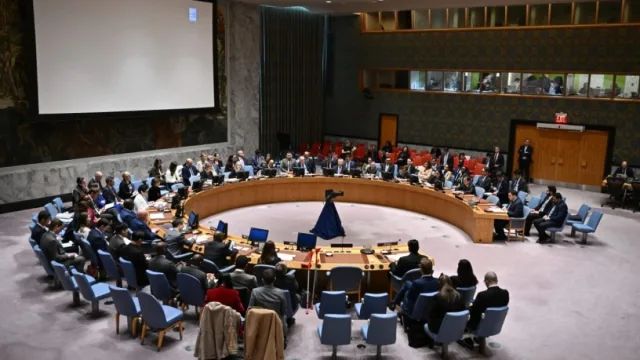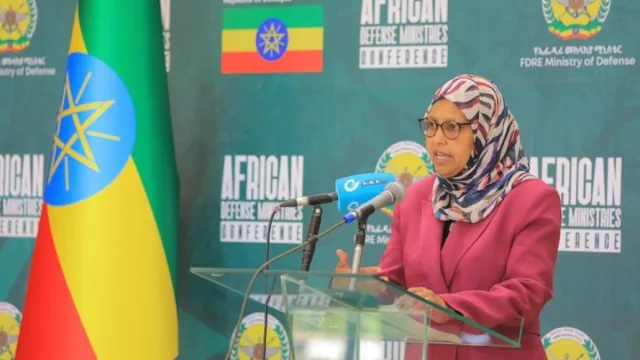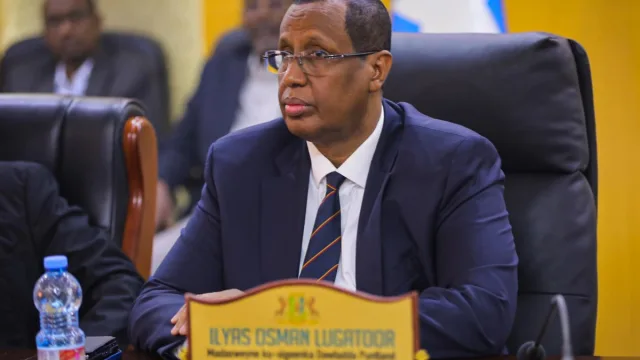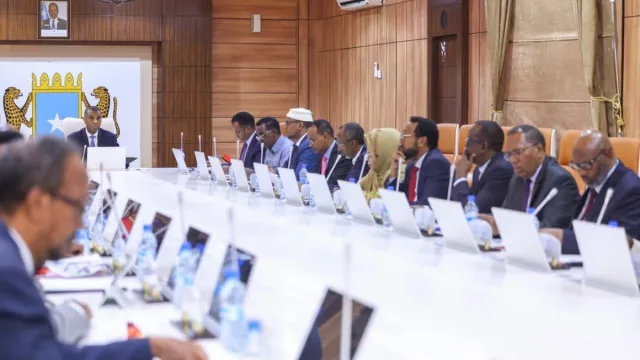In a country where the unemployment rate is 65 percent, where do you start looking for…
 In a country where the unemployment rate is 65 percent, where do you start looking for a job? Somalis in the Twin Cities say that’s what their families and countrymen face in Africa — but a local organization is helping out.
In a country where the unemployment rate is 65 percent, where do you start looking for a job? Somalis in the Twin Cities say that’s what their families and countrymen face in Africa — but a local organization is helping out.
The American Refugee Committee is using its organizational expertise to help women and youth in Somalia start, even grow, a business. It’s a country where jobs are few but ambition is high, but most have to create their own work. To ease that transition, Minneapolis-based ARC is offering a new micro-loan program.
Access to money is something many Americans take for granted. If an American citizen wanted to start a business or expand one, the next step often involves going to a bank and taking out a loan — but in Somalia, there are no banks.
The program kicked off at a formal ceremony in Hargeisa, Somalia and partners with a Qatari organization and a money wire service already established in Somalia to provide small, interest-free loans.
The pilot program launched 3 months ago, and a small, $650 loan helped Adnan Awil Hashi buy a new copy machine for his book business. Another loan helped purchase equipment to start a welding shop — but it’s not a give-away. Applicants must submit a business and prove they can pay it back, but demand has been high since day one.
“More than 600 people came in line with their application and their business plan and they submitted it,” Said Sheik Abdi told Fox 9 News. “It was really overwhelming.”
The micro-loan program is an extension of ARC’s “I’m a Star for Somalia” campaign, which began 3 years ago and encouraged people from all walks of life to do little things to raise awareness and money. The new loan program marks a giant step forward by putting that money on the streets in small amounts.
“Five-hundred to $1,000 will make a difference for someone’s life,” Abdi said.
In fact, it’s exactly the kind of program that the Twin Cities Somali community has been asking ARC to help with, and the organization and its partners have committed $1.5 million to the program, both in hard money and in-kind donations.





